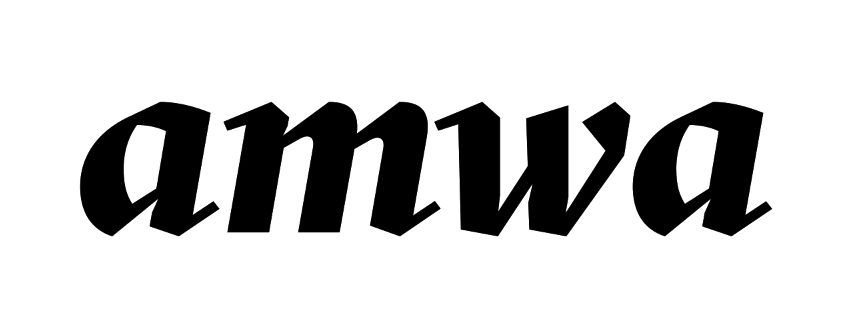As part of receiving the 2016 KAFA Award, I'll be sharing some new/ongoing research at the Korean Cultural Center. Please join me for the opening this Friday, November 3rd @ 6pm. The show will expand over the course of two weeks as I continually investigate and apply the various methods of identity-collapsing proposed in the show, so come by at the closing too! In the meantime, here's some science-y stuff for you to read. Hope to see you Friday! 💖💘💗💞
Locality and unitarity have long been considered necessary components of quantum field theory, a theoretical framework describing elementary particles and their interactions—the most basic events in our collective realities. Locality states that an object is only directly influenced by its immediate surroundings. For an action at one point to have an influence at another point, something in the space between those points must mediate the action. Unitarity is a restriction on the allowed evolution of quantum systems, which ensures that the probabilities of all possible outcomes of any event always adds up to one. However, both these deeply rooted pillars of quantum field theory collapse in certain situations involving gravity, suggesting that physics should be formulated without either principle while challenging the notion that space and time are fundamental components of reality.
With locality, when attempting to inspect space-time very closely, probing smaller and smaller distances between interacting particles, at a certain scale, so much energy must be concentrated into such a small region that the energy collapses the region into a black hole. Similarly, to prove unitarity, one would have to observe the same interaction over and over and count the frequencies of the different outcomes. To do this with perfect accuracy would require an infinite number of observations using an infinitely large measuring apparatus. This infinitely large measuring apparatus would again cause gravitational collapse into a black hole. In both cases, it is remarkable to note that it is our intensity of probing, inspecting, observing, and measuring that creates gravitational collapse into a black hole and black holes are, by definition, impossible to observe.
The impossibility of observation, and, hence, the impossibility to be measured and categorized is the focus of Jennifer Moon’s exhibition, The longest journey is from our heads to our hearts. In this dynamic exhibition that expands over two weeks, Moon looks for queer possibilities by merging discrepancies in our dominant understanding of quantum physics with our dominant understanding of self and Karen Barad’s agential realism and intra-action with intersectionality to map out all the external and internalized systems, beliefs, emotions, feelings, traumas that form her various identities that coalesce, at specific moments in space and time, into a unitary subject that informs the ways in which she intra-acts, i.e., communicates and connects, with other entities with similarly complex and complicated systems of influence. In doing so, Moon hopes to locate moments of collapses in communication and within language, similar to gravitational collapse found within certain instances of locality and unitarity. These moments of collapse in communication, if intensely observed, probed, inspected, and measured, could encourage the formation of black holes, a complete collapse of the systems that form our reality into the impossibility of observation. And it is within these moments of unknowability that we can begin to glimpse the possibilities of realities beyond what we can understand.
Korean Cultural Center Art Gallery
5505 Wilshire Blvd, Los Angeles, CA 90036
Gallery Open Hours: Mon-Fri 10am-5pm / Sat 10am-1pm
**Parking located in the rear of Korean Cultural Center Building
Special thank you to jurors, Anne Ellegood, Senior Curator, Hammer Museum; Christine Y. Kim, Associate Curator of Contemporary Art, Los Angeles County Museum of Art; John Tain, Head of Research, Asia Art Archive, Hong Kong; and KAFA Board Members.
KAFA was founded in 1989 and is Los Angeles’ oldest Korean-American art non-profit organization. KAFA facilitates the realization of creative endeavors, encourage and nurture artistic accomplishments, and acknowledge the presence of outstanding Korean-American artists in the United States.
Back to All Events
Earlier Event: September 29
1st Van Nuys Arts Festival
Later Event: November 4
the mix show!
